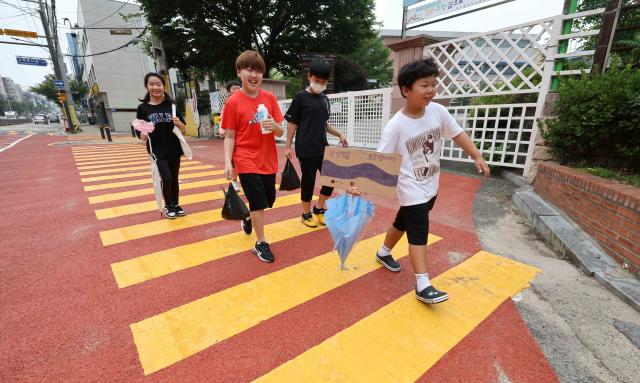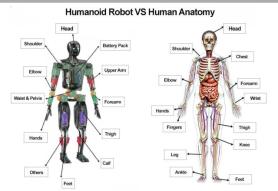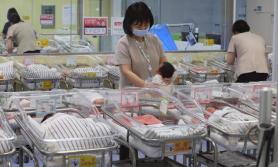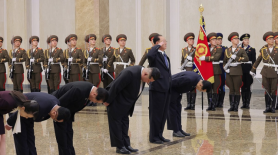
SEOUL -- The national committee, tasked with addressing the challenges of a low birth rate and an aging society, aims to encourage more couples to have children by offering government subsidies totaling 29.6 million won ($22,223) until the newborn child reaches seven years old.
Recent data from South Korea's National Assembly Budget Office (NABO) reveals a projected 49.6 percent decrease in the population of young people aged 0 to 14 by 2040, dropping to approximately 3.18 million from 6.32 million in 2020. This projection assumes that the fertility rate will remain at 0.7 babies per couple between 2026 and 2040.
South Korea is grappling with a significant aging phenomenon, with around 30 percent of its population expected to be aged 75 and older by 2073. NABO's data indicates that the birth rate in 2022 was 0.78 babies per couple. The agency suggests that South Korea's national statistics office predicts a fertility rate of 0.7 in 2024. NABO forecasts a total population of 49.16 million in 2040, reflecting a 5.17 percent decrease from 2020.
The Presidential Committee for Aging Society and Population Policy said that from 2024, parents can receive up to 29.6 million worth of subsidies per child. The government support can be used as cash. Wage support for parents was upgraded to provide 12 million won for the first year a baby is born and six million won for the second year. 1.2 million won will be given annually to all children as allowances until they reach the age of seven.
However, parents of young children are skeptical about whether the government subsidies will actually help encourage couples to have more children. "The money is important when raising a child, but what's most important is for the family to spend time together. It is impossible when the father and mother finish work after 06:00 p.m.," Jeong Yeong-seo, a 42-year-old mother of a seven-year-old girl, told Aju Korea Daily on January 22.
"I think that an overall change should be made to the country's working system. An environment where parents feel safe to raise kids should be created first. Money is not the most important factor, but the government does not seem to understand. Our grandparents made babies during the Korean War when they had no possessions," Jeong pointed out.
Copyright ⓒ Aju Press All rights reserved.




